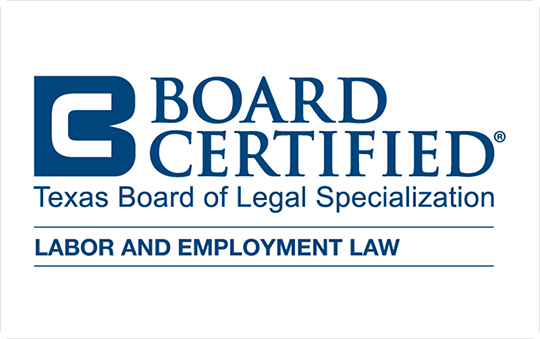I previously posted articles about ways to transfer vehicle ownership without a Will or without the need for Probate. Here are both articles: Vehicles and Beneficiary Designations: Texas Has Transfer on Death Option for Motor Vehicles | GlavyLaw and Small Estates: Using an Affidavit of Heirship for Motor Vehicles | GlavyLaw. Here’s another way.
Rights of Survivorship Agreement
You may transfer ownership through a properly executed Rights of Survivorship Agreement. In Texas, property doesn’t transfer from one owner to another owner when one owner dies even if the owners are married to each other or are joint owners. A survivorship agreement between joint owners is never assumed under Texas law. Texas requires a written agreement among the owners that an owner’s share in jointly own property passes to the other owners when the owner dies. This applies to any car you own even if the car is titled in your name, your name and your spouse’s, or your name and another person’s name.
Texas Form VTR 122
The Texas Department of Motor Vehicles has a form to assist you with granting rights of survivorship. Texas Department of Motor Vehicles form, VTR-122, Rights of Survivorship Ownership Agreement for a Motor Vehicle (Form VTR-122) (txdmv.gov), allows you to designate that the title passes from one owner to another. A properly completed and executed form will allow your ownership interest to transfer to the other owners when you die without going through Probate. Married couples, unmarried couples, and other joint owners may use this form. However, a married joint owner, whose spouse isn’t on the original title, must have the spouse sign the form before a notary.
Retitle or Wait
Once the form is completed, you have two options. You can submit the completed form and an Application for Texas Title/or Registration (Form 130-U) to the county tax assessor-collector’s office and pay the registration fee. You will receive a new title stating, “Survivorship Rights” along with the names of up to two survivors or the designation “Multiple Survivors.” The other option is to retain the rights of survivorship form. The survivors can file it after the death of an owner along with the Title/Registration Form 130-U, the registration fee, and a death certificate. Then, the state issues a new title to the survivor or survivors. I believe the first option is better because it immediately implements the agreement.
Significant Drawback
This process is simple. So, what are the drawbacks? Joint ownership. Joint owners are responsible for all aspects of ownership including taxes and liability. Also, all owners must act jointly if the vehicle is sold prior to the death of any party to the agreement. If you don’t intend joint ownership, don’t enter into a rights of survivorship agreement. The better option is spelled out in my earlier post, Vehicles and Beneficiary Designations: Texas Has Transfer on Death Option for Motor Vehicles | GlavyLaw.










